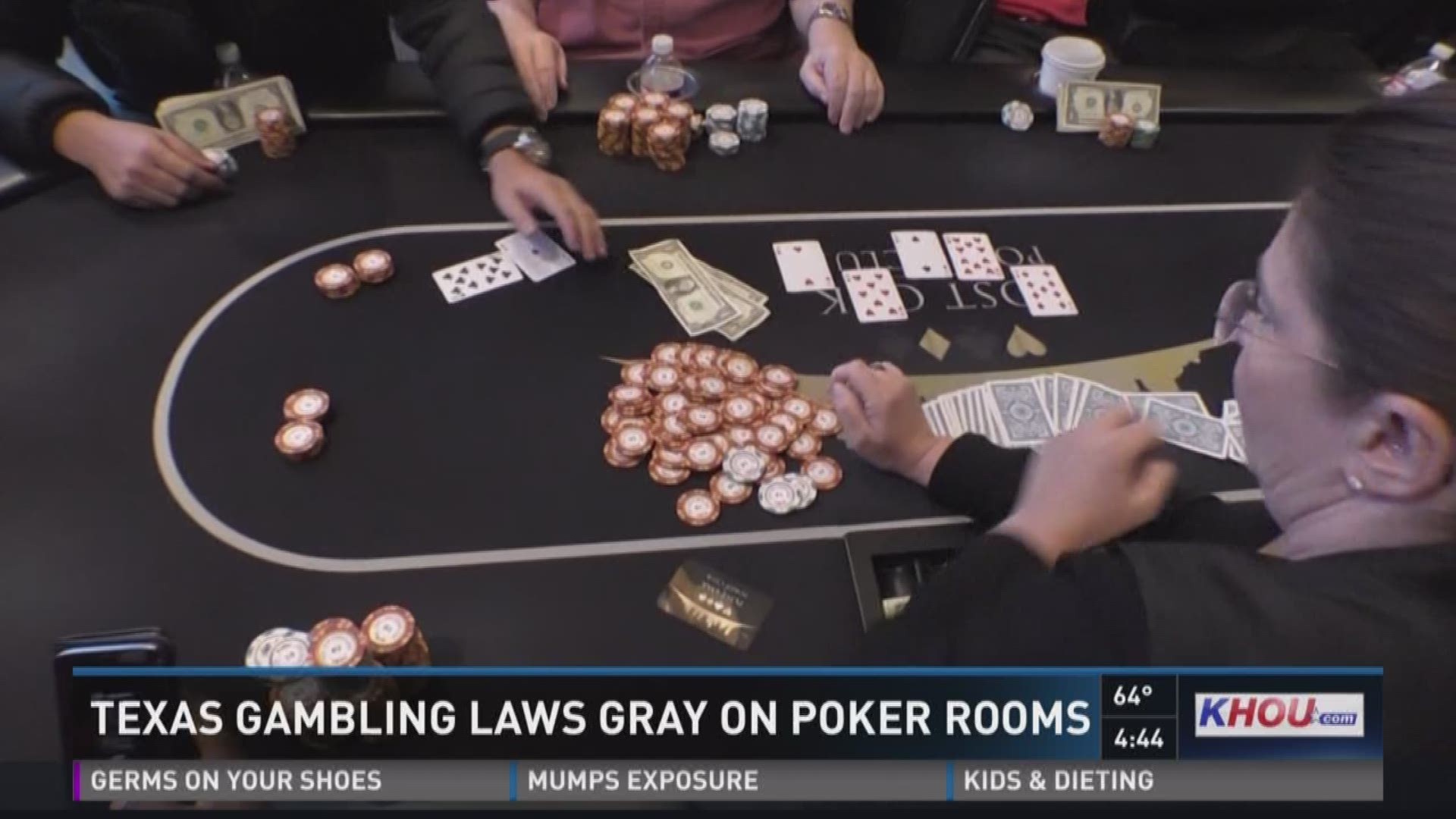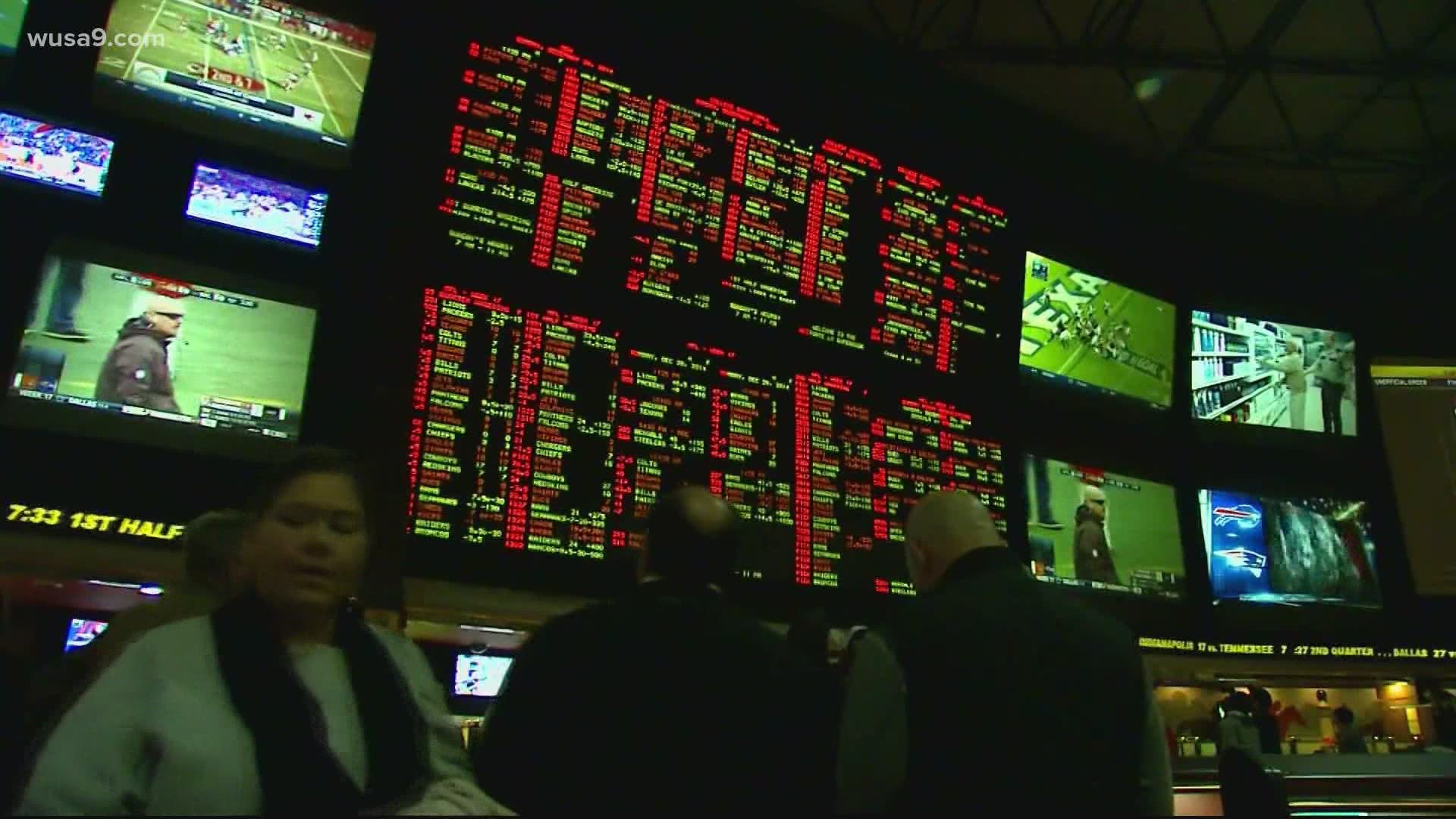Will Texas Legalize Sports Gambling
The United States Supreme Court produced a landmark decision last week, one which eliminated the federal ban on wagering on sporting events. The majority decision leaves the decision to allow, or ban, sports gambling to the individual states.
Proponents of legalizing sports betting argued that legalizing the activity will generate revenue for states and reduce the strength of illegal betting organizations. Opponents of legalization argued that legalizing sports gambling will push people toward gambling and encourage unreasonable spending and financial practices. The other sports betting bill HJR61 is an amendment to the Texas Constitution that would also legalize sports betting in the great state of Texas. This bill gives the Texas legislature the right to enact domestic sports betting laws and would allow bets to be placed on professional and college sports. Legalized sports betting has caught on quickly since a U.S. Supreme Court ruling in 2018 allowed for it to be legalized in every state; 2020 will be a test of whether that rapid expansion continues.
Many states are chomping at the bit to quickly establish ways to capitalize on the ruling. Despite being a bastion of individual rights relative to most states, Texas is not likely to make sports wagering legal anytime soon.
The state of Texas remains one of the stalwarts in refusing to allow casino games of any kind. Texas was one of the last states to get on board with having a lottery and banned horse track betting for years. Gambling remains a political football which the Texas legislature continues to intercept at every turn they can.
The Houston Texans have not released any official statement, but the idea of the team facilitating legal wagering during games at NRG Stadium seems remote. Texans fans who want to bet $10 on DeAndre Hopkins catching more than 6 passes, or $20 that Houston will cover the spread against the Colts, will need to do what most Houstonian gamblers do now: drive to Lake Charles, Louisiana or Biloxi, Mississippi, where the parking lots are perennially chock full of cars with Texas plates.
*Updated: November 4, 2020*

If 2020 has taught us anything, it’s that everything, and I mean everything, can change overnight. This theory also applies to the legalization of sports betting.
Ever since the repeal of PASPA in May 2018, individual states have been given the liberty to decide if sports betting should be legal. New Jersey set the pace, and one by one, states saw themselves introducing bills and passing laws to govern the activity. Needless to say, it’s been a huge boon for the states.
As of today, over a US dozen states have legal sports betting, and it’s expected that many more will follow.
As November elections creep up, here are three states that feature a legal sports betting question on their voting ballots.

Louisiana
The Bayou State has discussed the idea of sports betting ever since 2018. But like the Houston Rockets, they can never get over the hump.
This year, a referendum is finally on the ballot that gives voters the opportunity to decide if sports betting is something they want. Voters will only be voting to approve or deny sports betting in their respective parishes.
The initiative is similar to the daily fantasy sports (DFS) vote in 2018. That year, 47 of the state’s 64 parishes voted to approve DFS contests. Experts anticipate a similar (if not better) outcome for sports betting.
A “yes” vote doesn’t mean people can begin betting. The state legislature would still need to pass a bill enabling legalization and a taxation bill, both to be completed in 2021. Although sports betting isn’t in the state’s immediate future, it does look promising.
Chance of sports betting legalization: HIGH
*Election results:Fifty-five of 64 parishes in Louisiana voted “yes” on legalizing sports betting. Lawmakers will get to work on drafting a bill to govern and regulate the activity, with sports wagering most likely making its debut in 2021.
Maryland
Talk about a state coming so close, only to have everything crash and burn at the last minute. The professional sports equivalent of the Atlanta Falcons in Super Bowl LI — that’s Maryland.

Back in March, Del. Nick Mosby led an eleventh-hour rally in Tom Brady-like fashion, which ended with the licensing language being stripped from S 4, a bill to legalize sports betting in Maryland. However, Mosby’s concerns were valid. He and other members of the House Legislative Black Caucus felt the bill didn’t do enough to benefit minority- and women-owned businesses.
But because of this, when election time rolls around, voters will simply be deciding on whether lawmakers should proceed with creating and passing a bill. If voters approve, lawmakers will get back to the drawing board and attempt to craft a new sports betting bill.
Sen. Craig Zucker, the architect behind S 4, indicated that should everything go according to plan, the proper authorities could determine how to conduct sports betting as early as January 2021.
Given the time lawmakers will have to sit down and iron out details, don’t expect any more eleventh-hour roadblocks.
Chance of sports betting legalization: HIGH

*Election results: Residents in Maryland approved the expansion of gaming by a 2-to-1 margin on Election Night. After 66% voted “yes,” lawmakers will return to Annapolis and get to work constructing a new sports betting bill.
South Dakota
The last state we are keeping tabs on is South Dakota. It may not have the largest population, but the Mount Rushmore State is similar to this year’s San Diego Padres — irrelevant for over 14 years, but now fun to watch.

All jokes aside, South Dakota has a chance to legalize sports betting, but only in the city of Deadwood near the Wyoming border. For this reason, it’s at a disadvantage and low on the list. Regardless, should voters approve sports betting, it could look similar to how it’s done in Washington, D.C., and Delaware.
With limited locations, it would hard to speculate on whether big-name operations like DraftKings Sportsbook or FanDuelSportsbook would try to enter the state. The bright side is, tribal casinos would be lumped in with Deadwood, giving customers a few more options.
South Dakota is known for its scenery, but perhaps there’s a chance it can also be known as a state that legalized sports betting in 2020.
Chance of sports betting legalization: MEDIUM
*Election results: With 95% of the votes counted, sports bettinglegalization within the city limits of Deadwood has a commanding lead (58.5–41.5).
Recapping the November activity
Louisiana, Maryland and South Dakota will each look to legalize sports betting in ways best suited for their respective states. There is not one generic model that fits every jurisdiction. Case in point: Not all states have online sports betting, only a few.
Louisiana has not discussed the option of online wagering, and South Dakota has all but put the issue to bed. Maryland, on the other hand, with its relative proximity to other states with sports betting, would benefit greatly from mobile wagering.
Will Texas Legalize Sports Gambling Losses
November will bring numerous political and financial implications. But, harkening back to our original theory, things can change in an instant.
Texas Legalize Sports Gambling
*Check back after the November elections to find out the results for each state.